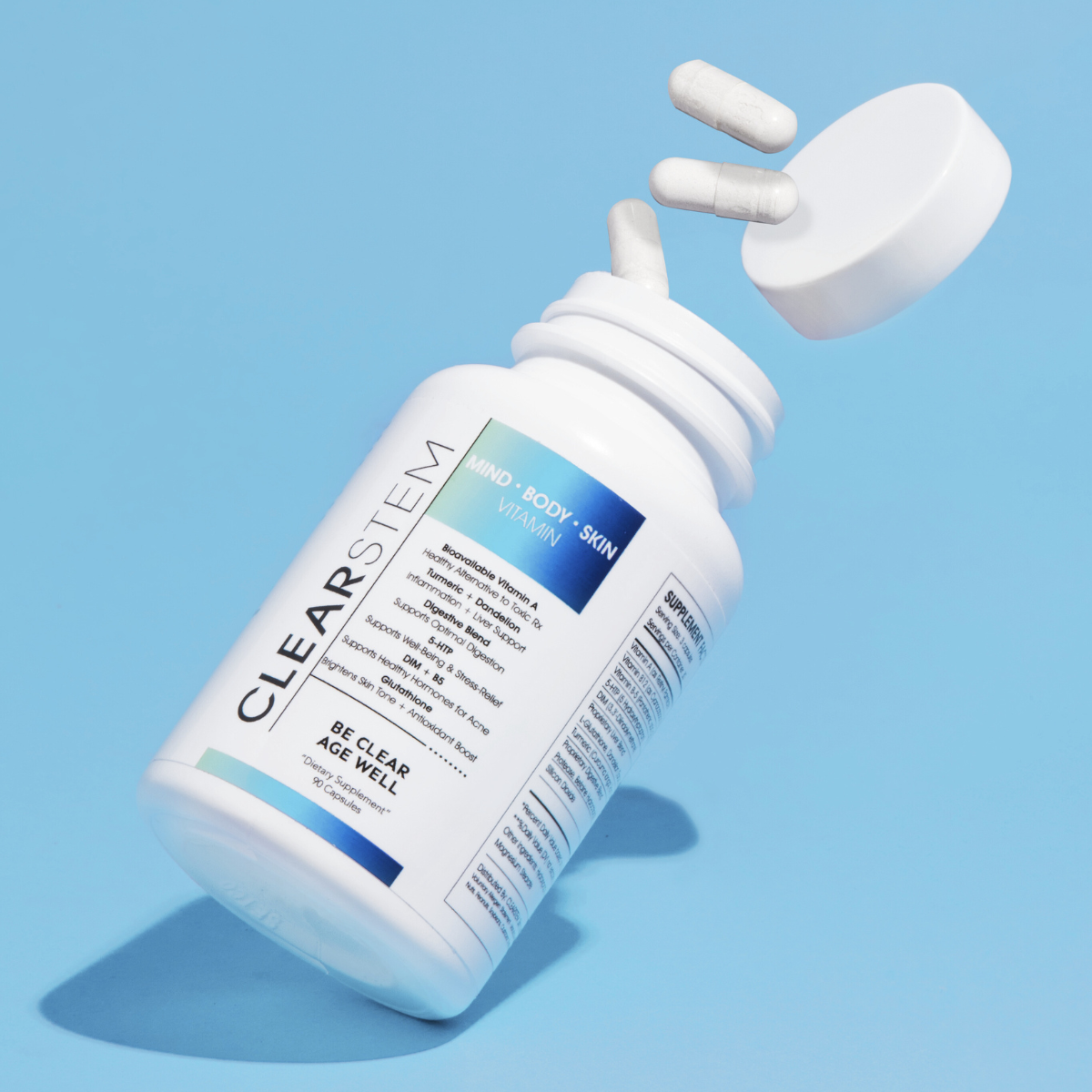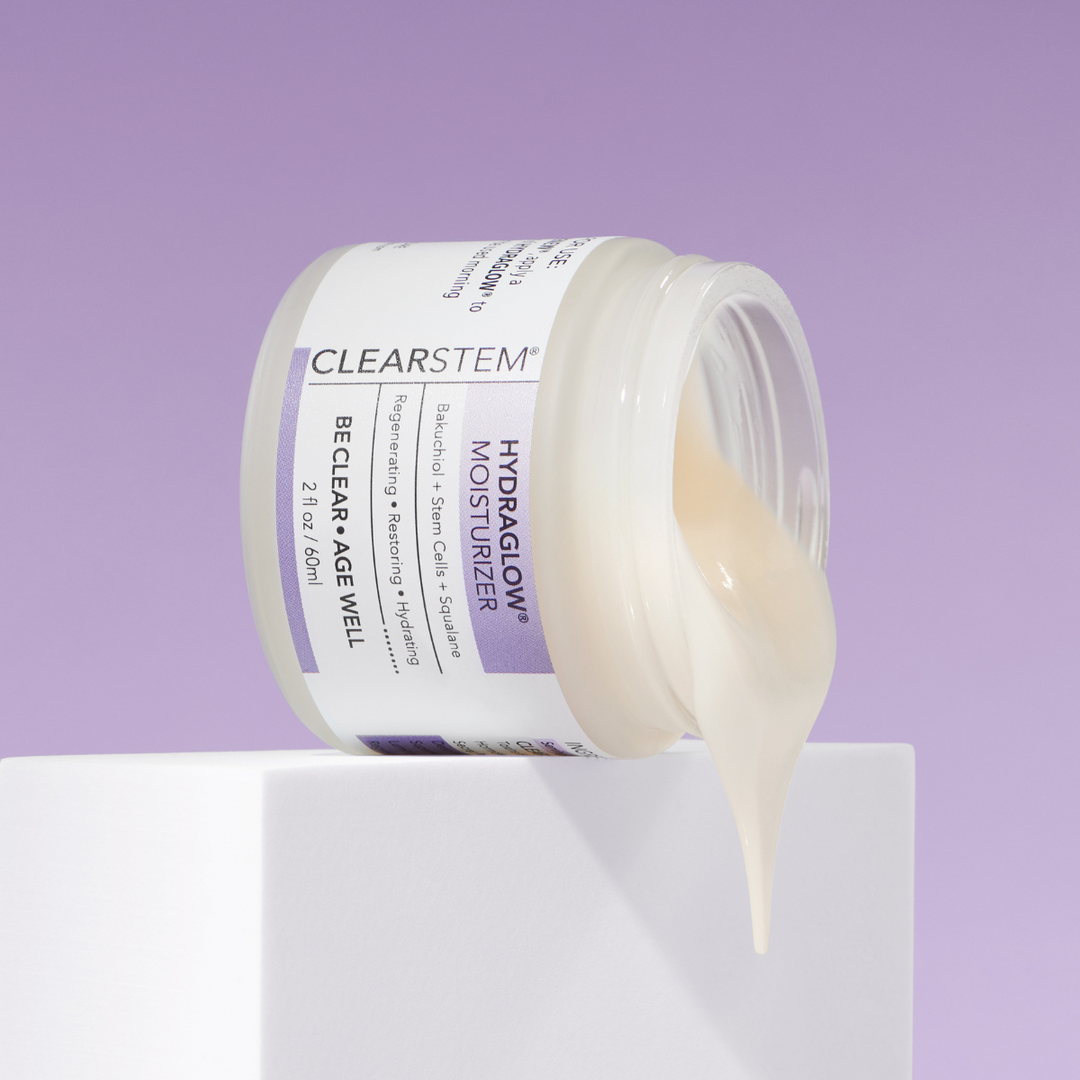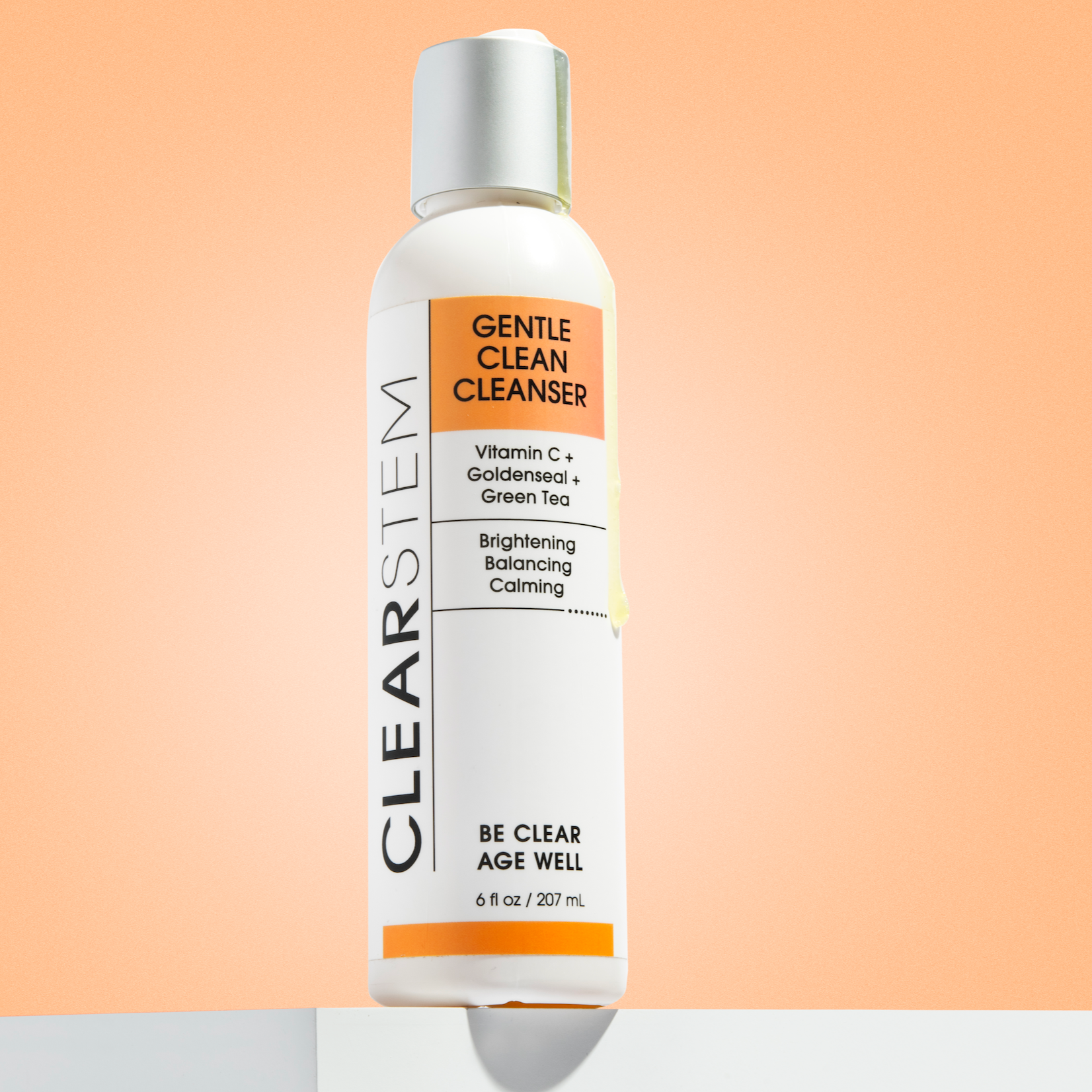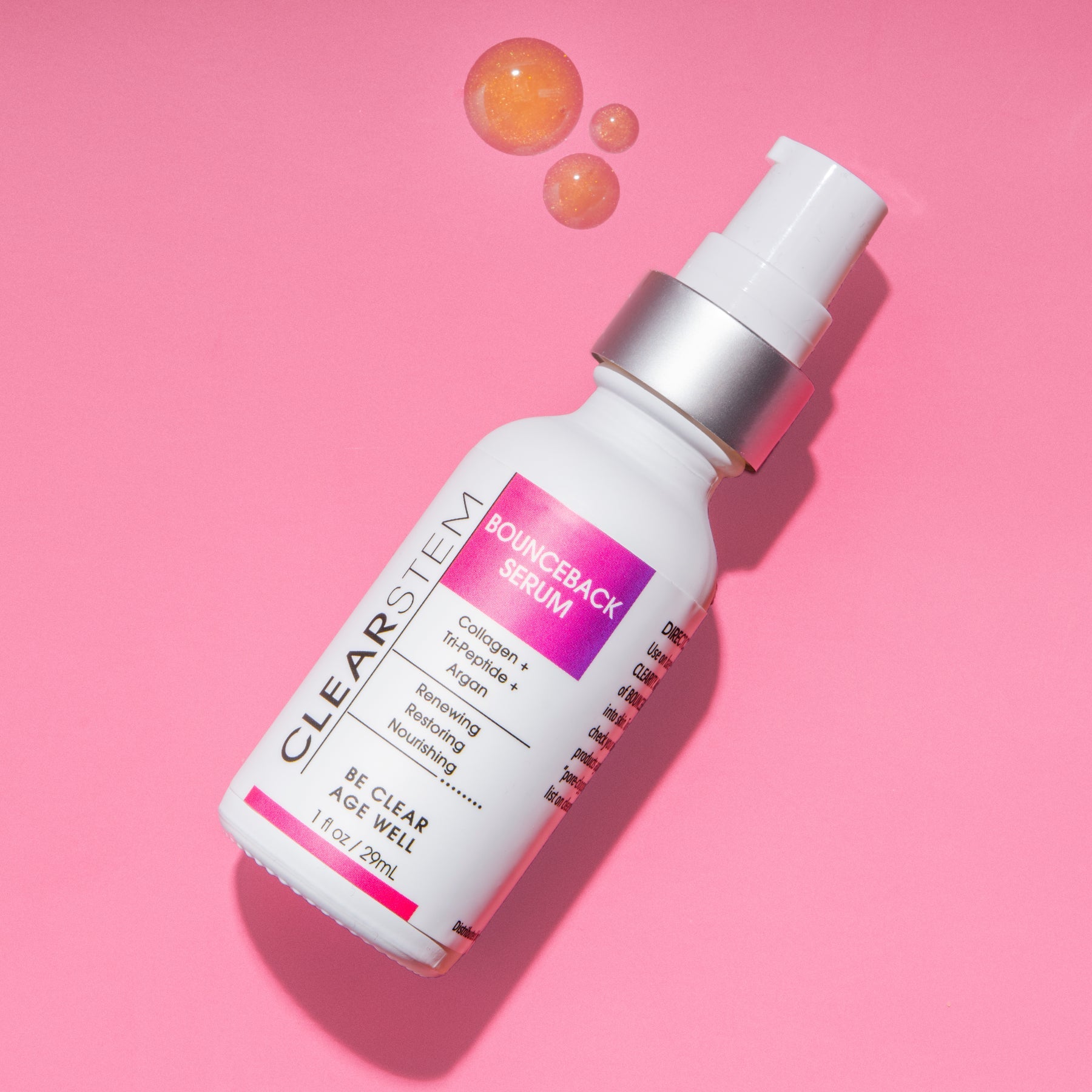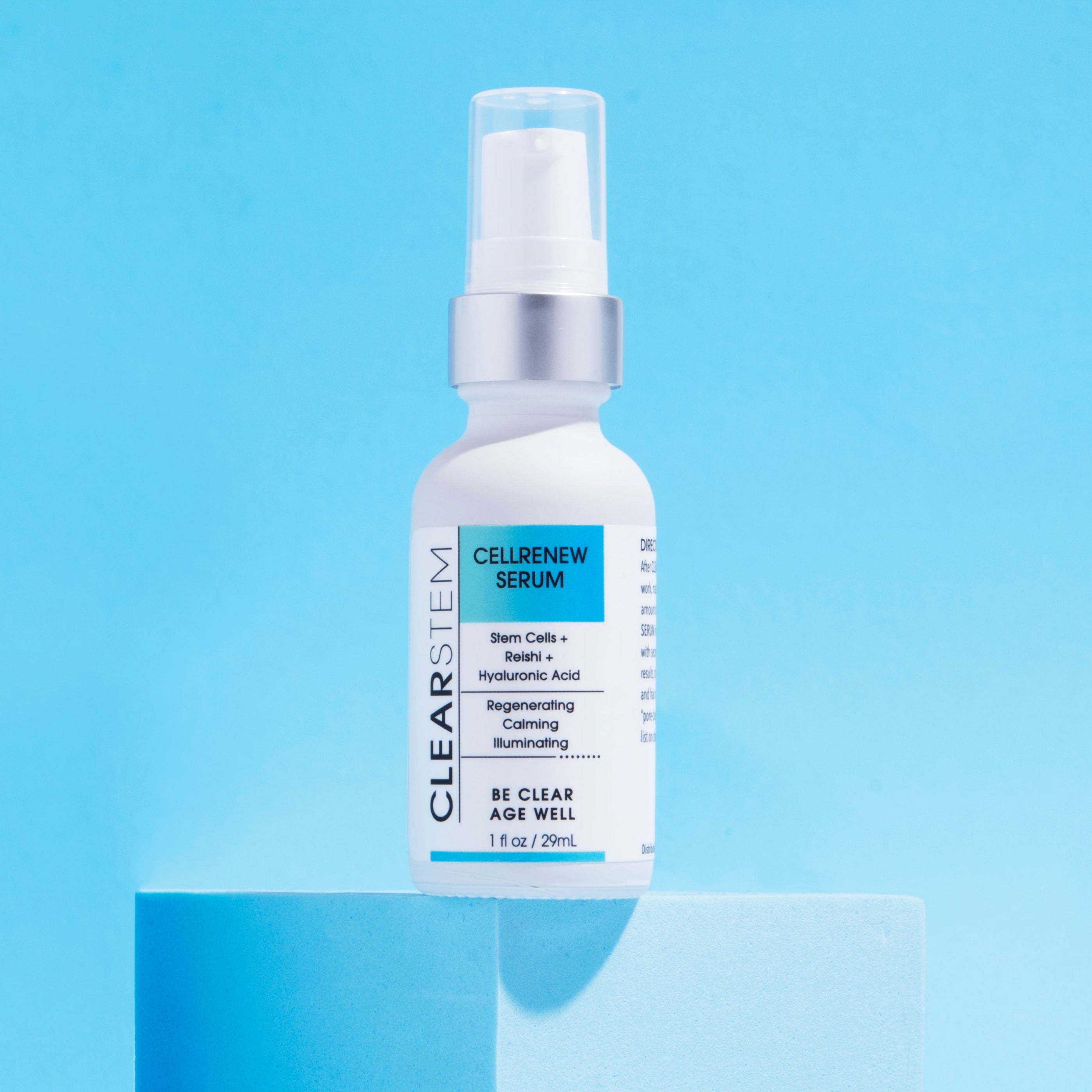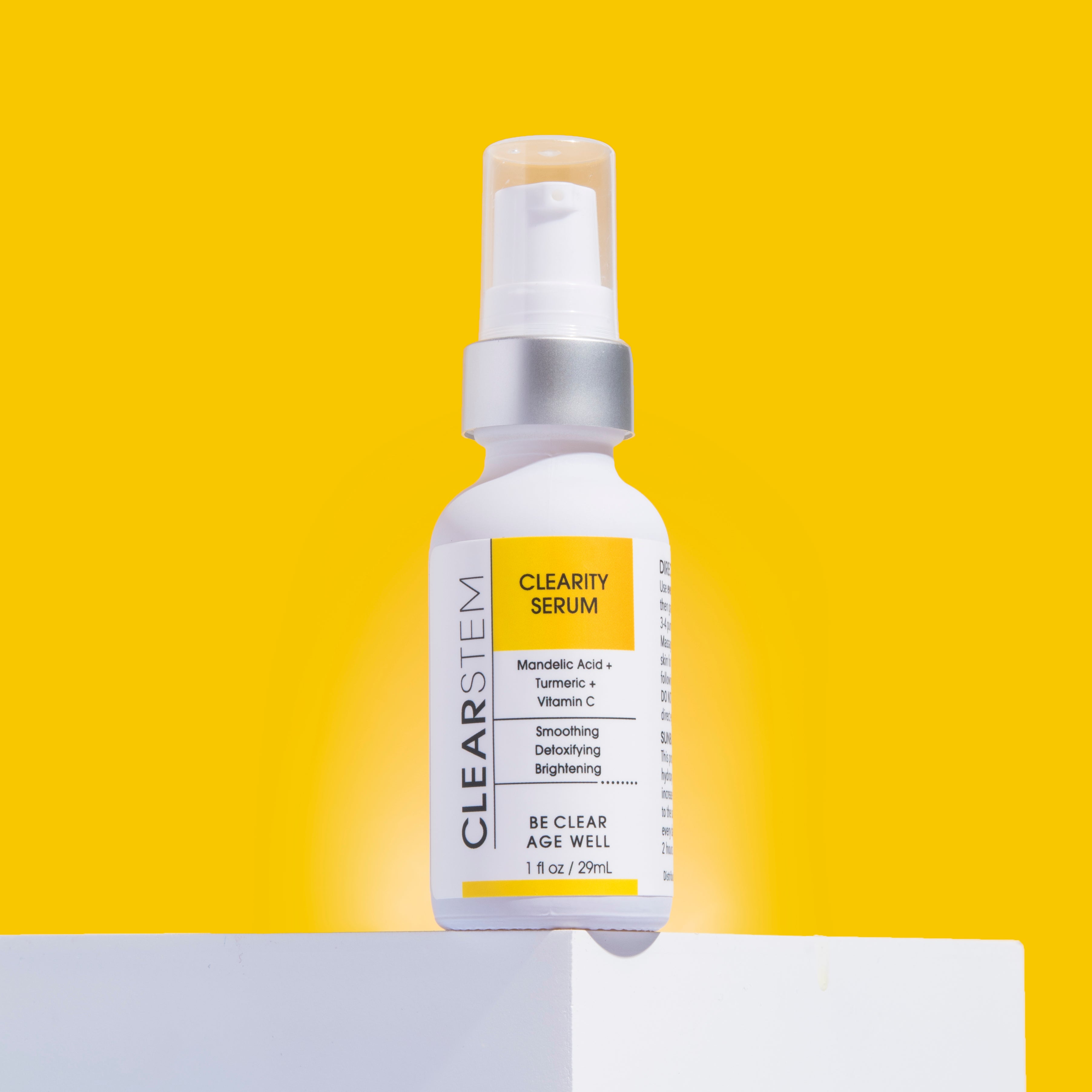You’ve binged the blogs and plundered the shelves. You’ve tried every topical cream and trendy TikTok hack. And yet, in the end, you’re left with more questions than answers for your persistent acne.
What if the culprit lies within—say, your hormones? Fifty million Americans struggle with acne every year, but many overlook the role of hormones in their skin's texture and clarity.
In this article, we’ll explore the connection between hormones and acne to understand why hormonal imbalance testing could be your key to clear skin.
Unveiling the Hormonal Connection to Acne
When your hormones fluctuate, they create an excess of sebum, an oily substance that protects the skin from bacteria and UV radiation. However, too much sebum can clog pores and create a bacterial haven where acne can thrive.
This is what causes hormonal acne.
Hormonal acne affects both men and women, although it’s more common for the latter, affecting about 50% of women in their 20s and 25% of women in their 40s. It also typically occurs around the face, neck, back, shoulders, and chest.
While hormonal acne is generally peskier to treat than regular acne, it can be resolved once you know which hormones are out of whack and what’s causing the imbalance.
The Hidden Hormonal Culprits Behind Stubborn Acne
Your skin is like a canvas for the changes inside your body. When hormone levels swing, it can kickstart a series of reactions that may culminate in stubborn acne. Hormones are particularly unruly through puberty, menstruation, and pregnancy.
There are three hormones, in particular, that trigger the production of excess sebum that results in hormonal acne:
- Androgens – Sex hormones like testosterone develop and maintain male characteristics in both men and women. They’re also your most important regulator of sebum production.
- Cortisol – Known as the stress hormone, cortisol can trigger inflammation and increase oil production when you’re stressed or sleep-deprived.
- Insulin – Insulin levels regulate our blood sugar, but they can also make androgens overactive, stimulating your oil glands and creating more sebum.
When these hormones are out of balance, your skin retaliates with angry red bumps and stubborn flare-ups. But, once you’ve grasped the underlying causes of your hormonal acne, you can start to turn your focus toward solutions.
Benefits of Hormonal Testing for Acne Sufferers
Undergoing a hormonal test for acne can help you determine exactly what’s causing your imbalance. In fact, here are three clear-cut benefits to getting assessed through hormonal functional lab testing:
- A clearer picture – Reveal the offending imbalances to gain perspective on exactly what’s going on beneath your skin.
- Tailored solutions – Allow your dermatologist to analyze your data and create a customized plan.
- Peace of mind – Relieve the emotional toll of being caught in a cycle of quick fixes and ambiguity.
When to Consider Hormonal Testing: Signs and Symptoms
If you're caught in the whirlwind of skincare trial and error, it could be time to consider a hormone test. Here are a few signs and symptoms that it's time to check for hormonal imbalances:
- Thinning hair
- Persistent hormonal acne breakouts around the jawline and chin
- Sudden, severe acne flare-ups
- Acne that worsens during specific phases of your menstrual cycle
- Lack of results from over-the-counter products
- Emotional symptoms like mood swings accompanying breakouts
These are telltale indicators that your hormones could be the hidden instigators behind your persistent acne.
The Hormonal Testing Process: What to Expect
Once you’ve decided to consult a professional to address your hormonal acne breakouts, you can feel more confident about the process by knowing what to expect. Here are a few steps you’ll likely take when checking for hormonal fluctuations:
- Initial consultation – The first chat with your healthcare provider will help them assess your symptoms and contributing factors.
- Test selection – With the insights from your consultation, your doctor will determine which hormonal tests to recommend.
- Sample collection – Your doctor will collect a urine, saliva, or blood sample if you’re undergoing a hormonal acne blood test.
- Result interpretation – The laboratory analysis will enable your healthcare provider to discuss the findings with you and make the connection between your hormones and skin health.
- Acne treatment planning – The results will inform a personalized treatment plan, which could include medication (such as topical treatment or oral medication), dietary adjustments, or lifestyle changes.
Interpreting Hormone Test Results: Personalized Acne Solutions
Numbers and jargon don’t inspire confidence, especially when you’re dealing with hormonal changes. Let’s break down what to look for when analyzing your hormonal test for acne:
- Results overview – Indicates what your elevated or diminished levels of hormones imply for your skin health. High testosterone, for example, would be a clear culprit for oily skin that brews acne.
- Contextual analysis – Connects the results to your health, lifestyle, and symptoms. For instance, high androgens could suggest Polycystic Ovary Syndrome (PCOS) in women.
- Targeted hormonal acne treatment – Determines how to tackle the problem with a customized plan so you can achieve healthy skin once and for all. For example, you could follow a hormonal acne diet to help keep your insulin levels in check.
- Monitoring and adjustment – Optimizes for long-term success. As hormone levels are dynamic, ongoing hormone testing and consultation will help fine-tune your treatment to go the distance.
Treat Your Acne at the Source with CLEARSTEM
Although useful, hormonal acne tests can be lengthy and expensive. That's why CLEARSTEM has developed a specialized product to address hormonal acne issues at the source.
Our effective hormonal acne supplement targets oil, digestion, detoxification, stress, PMS, and hormones all in one fell swoop. Join the hundreds of delighted customers who have enjoyed incredible results in under a month.
To start tackling acne in your daily routine, you can also browse our range of skincare for acne-prone skin.
Why wait any longer to uncover clearer skin? Take control of your acne today with CLEARSTEM.
Sources:
American Academy of Dermatology. Skin Conditions By The Numbers. www.aad.org/media/stats-numbers
Cleveland Clinic. Hormonal Acne. https://my.clevelandclinic.org/health/diseases/21792-hormonal-acne

